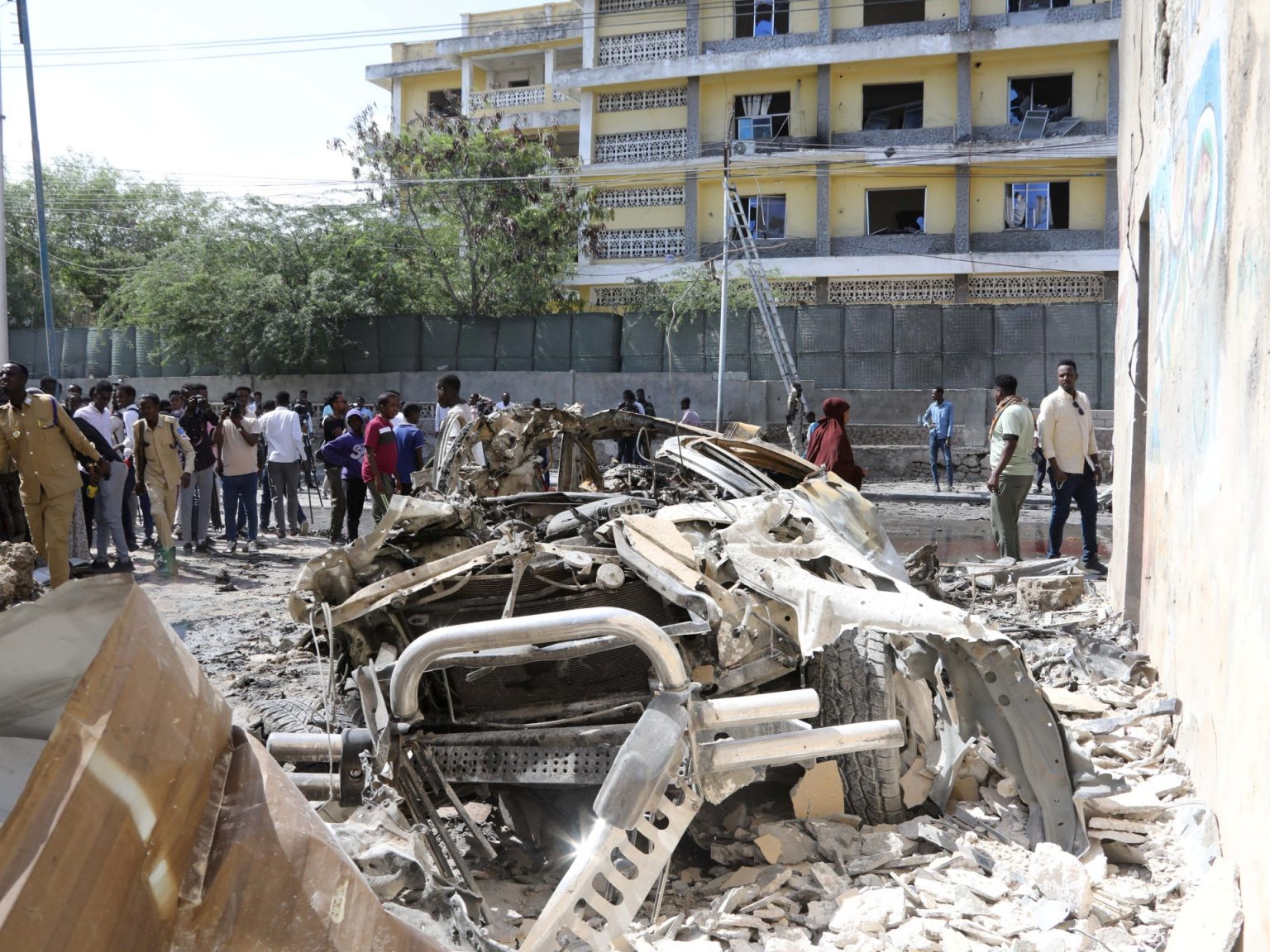In August, Somalia’s Prime Minister, Hamza Abdi Barre, held a town-hall meeting in Mogadishu to commemorate the two-year anniversary of his cabinet’s formation. At the event, he discussed the offensive against al-Shabab, highlighting the government’s efforts to push back against the group in their own territories and reclaim numerous villages and towns. While the Somali government has achieved significant gains in its fight against al-Shabab, its divisive tactics have not only hampered its war effort but also exacerbated instability, leading to ongoing bloodshed.
One of the government’s strategies in the offensive against al-Shabab was to arm tribal militias to fight alongside the Somali army. While initially successful in driving al-Shabab out of various regions, this approach ultimately deepened societal divisions. The government selectively armed militias from the president’s clan and allies, alienating other communities and escalating clan-based violence. The newly empowered militias began terrorizing civilians and engaging in acts of banditry, further destabilizing the country.
The decision to involve foreign troops, including from Ethiopia, Kenya, and Djibouti, in the fight against al-Shabab was met with criticism from the Somali public. Resentment towards foreign troops, who have been present in Somalia for over a decade, has fueled support for al-Shabab, which views the nation as occupied. The government’s push for greater foreign involvement risks playing into al-Shabab’s narrative, reinforcing the group’s appeal as a force fighting against foreign subjugation.
As the government pursued divisive policies and expanded its control, it failed to garner widespread support for the war effort. Various stakeholders were sidelined, leading to a lack of national consensus on the direction of the conflict. President Hassan Sheikh Mohamud’s controversial moves to amend the constitution and consolidate power further eroded public support for the war. These actions have inadvertently aided al-Shabab in winning hearts and minds among Somalis, strengthening its recruitment and support base.
Al-Shabab has capitalized on the government’s missteps to regain territory, launch deadly attacks on Somali troops, and maintain a parallel government within the country. The group’s ability to provide governance and security contrasts with the perceived corruption and incompetence of the authorities in Mogadishu, further swelling its ranks. The current government strategy has proven ineffective, necessitating a shift towards reconciliation, dialogue, and acknowledgment of past mistakes to save lives and bring about lasting peace in Somalia.
In conclusion, Somalia’s ongoing conflict with al-Shabab has taken a toll on the country for over three decades. The government must address its failures, engage in genuine dialogue with all stakeholders, including al-Shabab, and work towards national reconciliation to end the cycle of violence and bloodshed. President Mohamud’s willingness to admit mistakes and pursue inclusive approaches will be crucial in charting a path towards peace and stability in Somalia.


